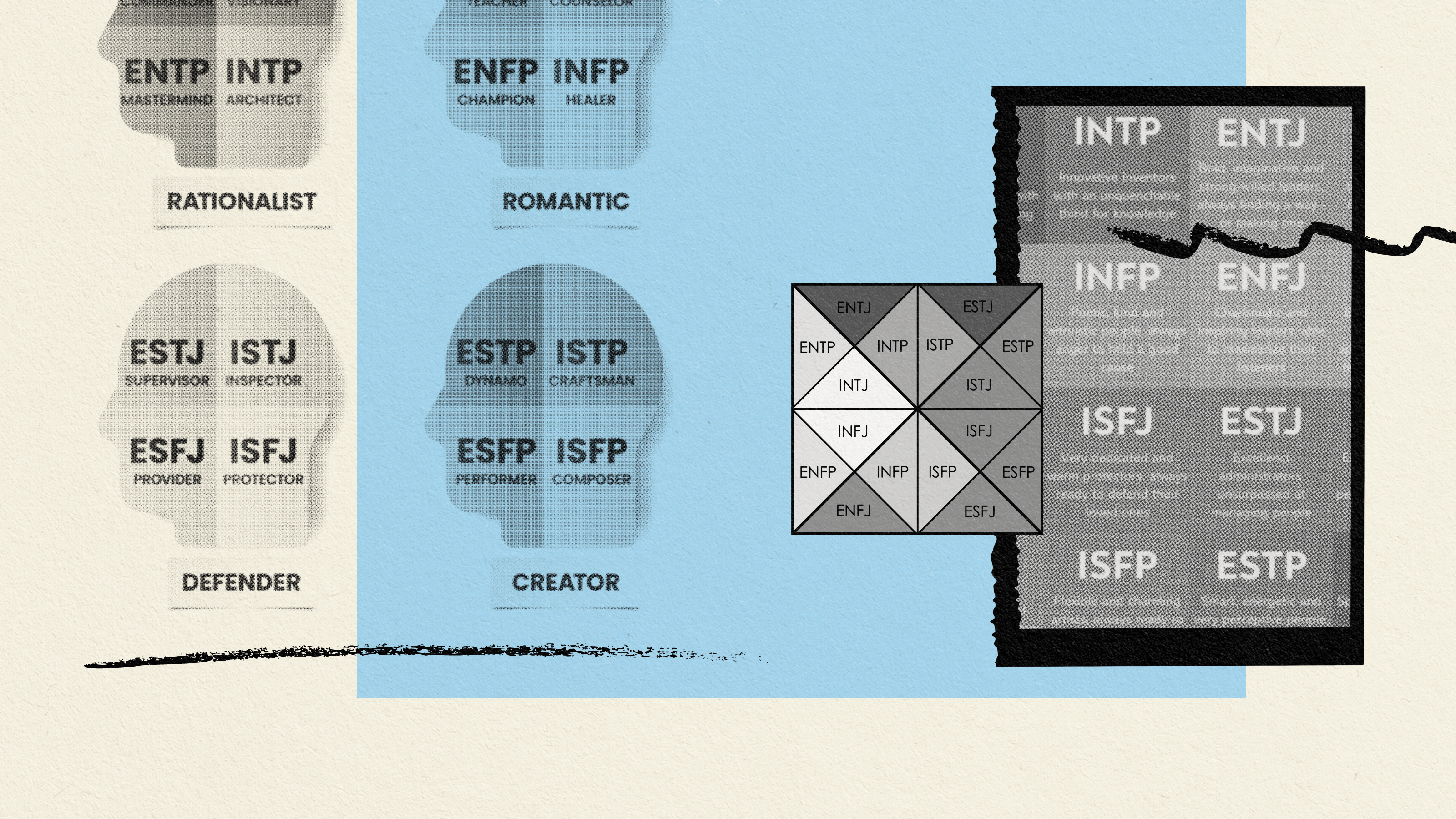It’ll Take More Than “Free Money” To Reform Social Welfare

A Universal Basic Income (UBI) will not fix everything—it’s not supposed to—it’s a start for some people and a boon for everyone. But don’t let the prospect of a little free money stop us from pursuing more progressive regulations and reforms.
UBI is meant to provide a floor—a standard—which no one can fall beneath. But giving people unconditional free money shouldn’t be the end of the conversation, says Ben Spies-Butcher, a Senior Lecturer and Director of the Masters of Policy and Applied Social Research in the Sociology Department at Macquarie University.
In his essay “Not Just a Basic Income” for the Green Institute, Spies-Butcher writes:
“A basic income can potentially help break down the stigma and conditionality of many government payments, and improve work incentives and equity. However, where it is used to replace other components of social policy—whether through ‘buying out’ public services or reducing the ‘need’ for fair labour laws and job creation, it may instead serve to entrench the inequalities of a neoliberal world.”
UBI is about how we make society and our economy better, and it’s never just about giving people unconditional free money. It’s a small part of a larger conversation about how we fix many of the issues within our system.
Hugh Segal, a conservative and special advisor to the Canadian province of Ontario, which is leading a test on UBI, believes it could be the reform to our welfare system. He wants to know if a basic income could buy out healthcare and other forms of government spending — something American conservatives would love to hear. But at its core the study is meant to “generate an evidence-base for policy development, without bias or pre-determined conclusion.”
There’s already evidence to indicate the adoption of basic income could do wonders for our society on a number of levels. But it should not be the end.
Spies-Butcher and others believe it is not a shortcut to ending inequality in all areas of society. There’s talk of shortening the work week to assist in job growth and cutting down on “Bullsh*t jobs.” It’s important to remember that the most progressive movements have been in regulation. We must assure, in addition to a UBI, that people are earning a fair wage and working in good conditions.
“Looking to a UBI as a shortcut, to create consensus and avoid opposition, or to substitute for other struggles, will not deliver the kind of reform we want,” Spies-Butcher writes. “A UBI capable of doing everything would likely face even more political resistance than campaigns for public services or shorter hours. UBI is part of the answer, but only if it builds on a broader project for social change.”





